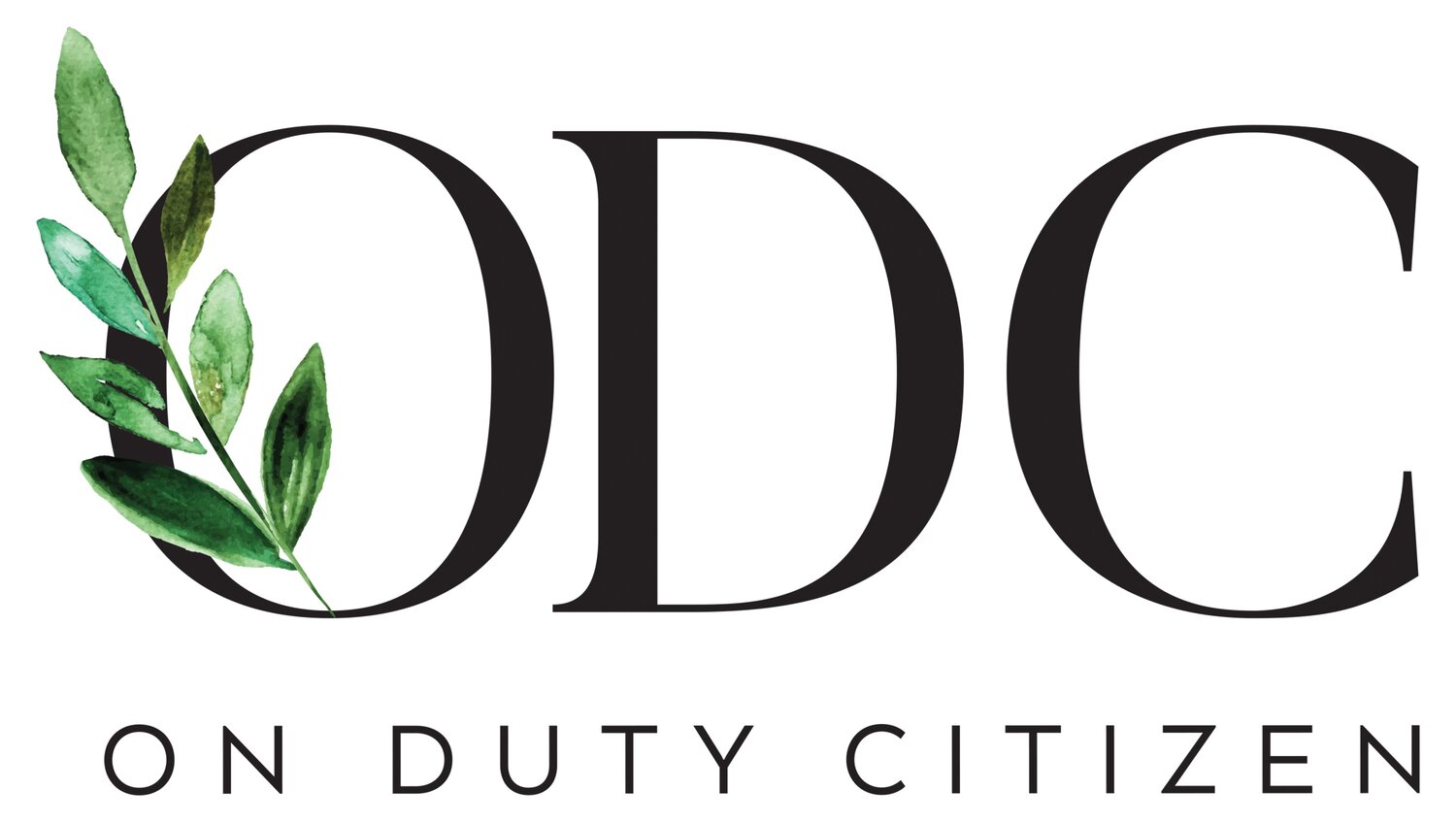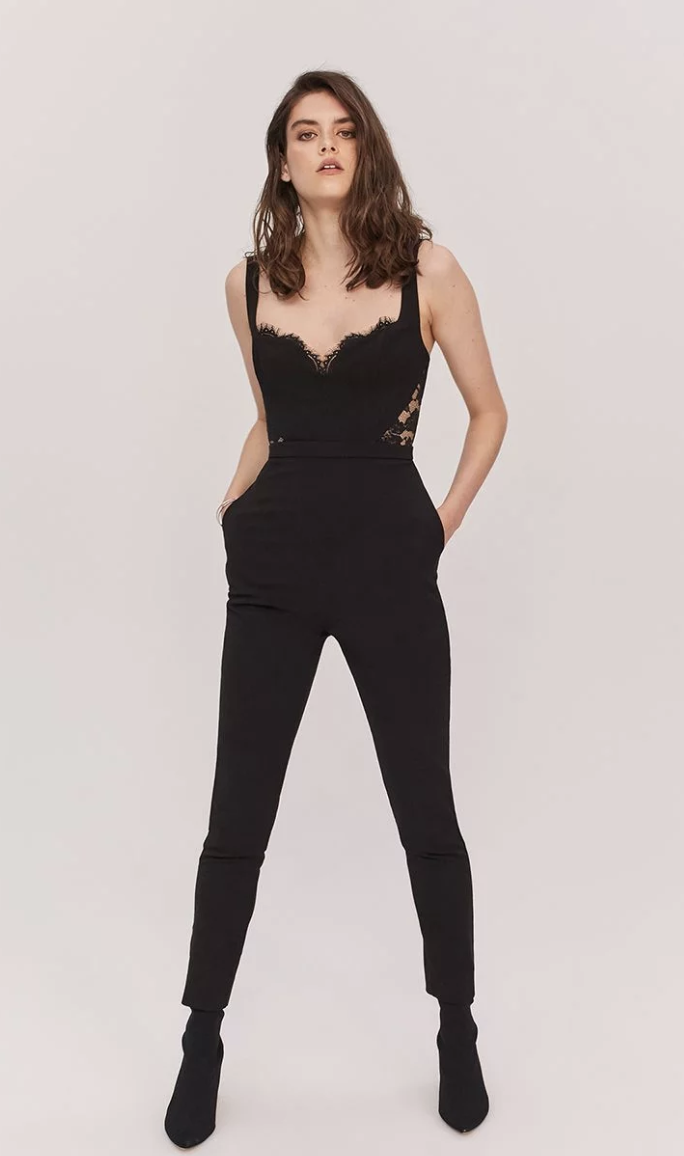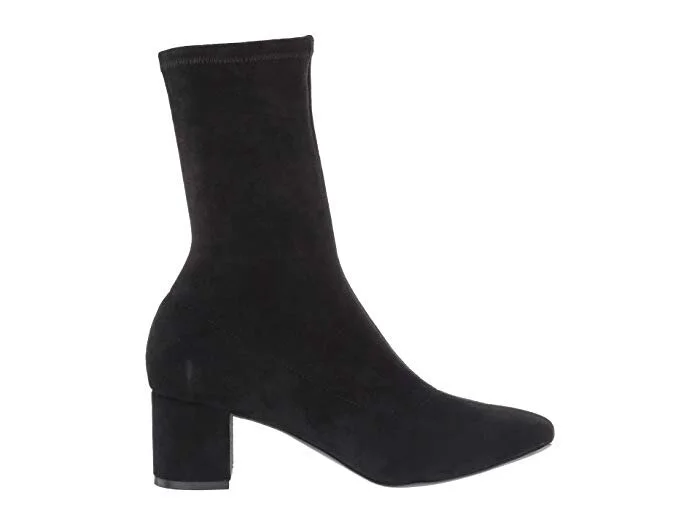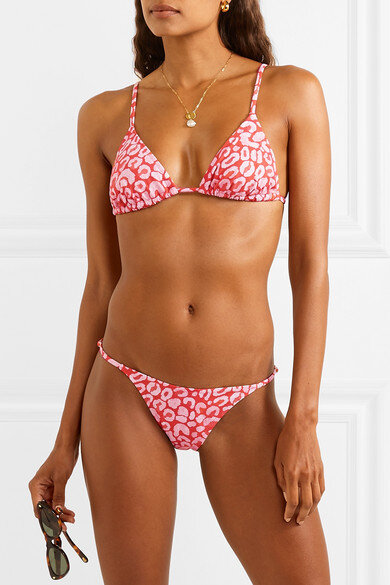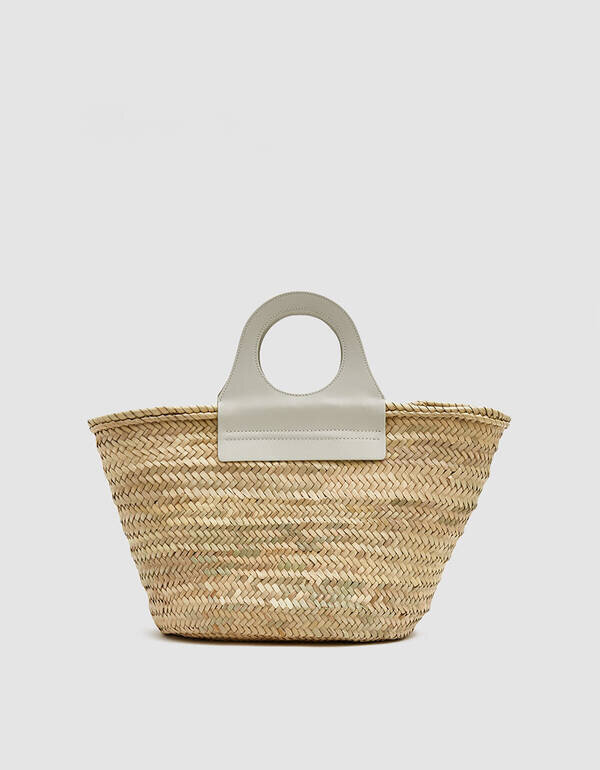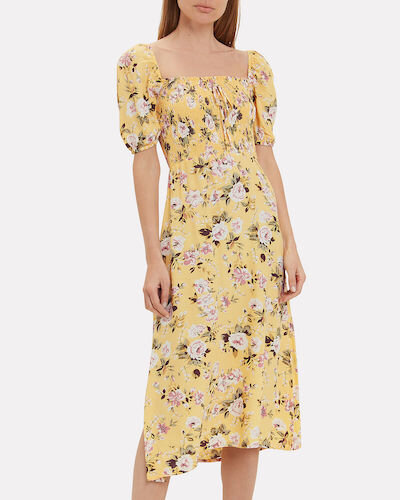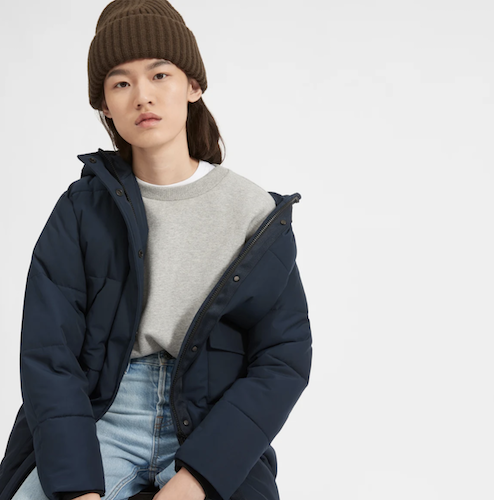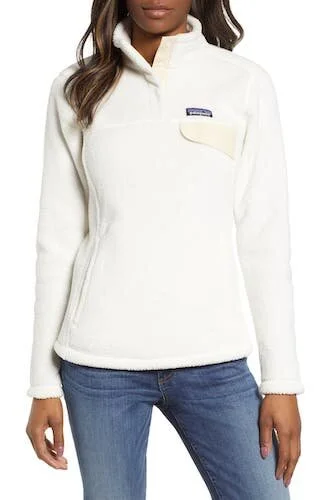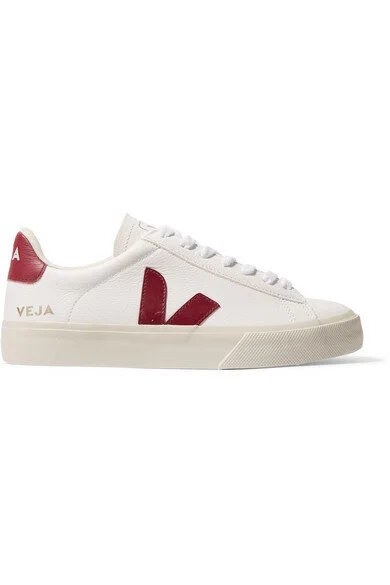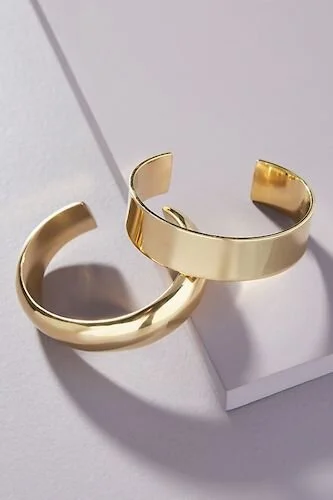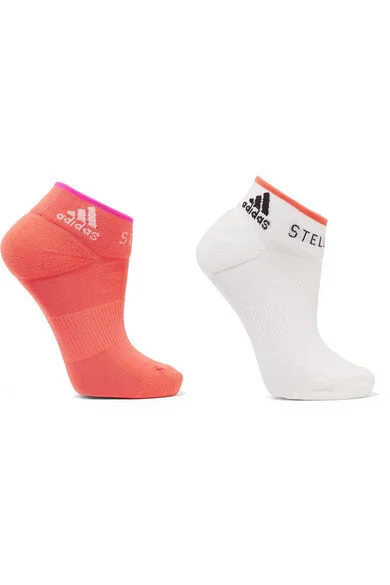Recently on ‘What to Wear’, we featured some of our favorite holiday looks from staying warm in the wintertime to holiday gift guides and sequined dresses for New Year’s Eve. While that section of the site serves the purpose of quick inspiration, it’s also our intention to provide a little background information on all the brands we choose to feature so you can dive deep and find new companies to support with an ethos that resonates best with you.
For the holiday parties…
Reformation
RefScale tracks transparency of CO2, water, and waste savings
Factory ensures eco-friendly practices
Reusable totes, recycled hangers, and recycled clothing program
Carbon offsets available for purchase on site
Mother of Pearl
Launched “no frills”- first fully sustainable line of core classics
Tries to use less water and source materials to the seed
Replant trees with each tree cut down used to make product
Traceability through entire supply chain
Summer 2020 line, 5% of their materials were synthetics-working to phase out entirely
Matt and Nat
Transparent company working towards becoming better in their production
Works with vegan leather and recycled materials
One of their factories is certified under SA8000 Standard meaning all workers are paid well in a safe work environment
Beachy vacations…
Fisch
Handmade from Italian ECONYL® fabrics
ECONYL® is 100% regenerated nylon fiber crafted from abandoned fishing nets and other nylon waste found in the ocean
Fabric mill is two hours from their factory; minimizes carbon dioxide waste from excessive shipping
Every year FISCH donates 10% of global profits to the Healthy Seas initiative
Vitamin A
Uses sustainable fabrics like EcoLux superfine jersey made from recycled nylon fiber
Choose factories that conserve water and energy use
Made in USA
Stay cozy this winter..
AG Jeans
Donates to Charity: Water
Made in own vertically integrated facilities; ensures quality control
Production facilities utilize Ozone Technology; cuts water consumption by 50%
Also minimizes use of chemicals and energy
Many (not all) fabrics eco-friendly
Excess scraps collected for recycling on weekly basis and repurposed as insulation
Conducts announced/unannounced audits of suppliers’ facilities
Everlane
$5 of every Human collection purchase goes to ACLU
Hands-on relationships with factories
Transparent about costs with customers
Uses some natural fibers like recycled cotton
Patagonia
Promotes fair labor practices and safe working conditions
Protection and preservation of the environment
Takes responsibility for entire lifecycle of products
Works with outside auditor and an in-house corporate responsibility specialist to establish working conditions
1% of sales to grass-root activists
Goal to be carbon neutral across entire business including supply chain by 2025
As of 2018, 100% renewable electricity in retail stores in USA
Current practices/goals; measure impact, reduce impact, convert to renewable energy, capture carbon
Gift giving
Stella McCartney x Parley
Stella McCartney
No leather or fur
First and only vegetarian luxury line
Transparent and always striving to be more sustainable
Parley
Yarn used from recycled and reclaimed ocean waste
Parley hosts talks to share state of the oceans and to get support for a related initiative or project
Work with companies on collaborative projects to better our oceans
Currently they have collaborations with American Express, Soma, Adidas, and Stella McCartney..
New Year’s Eve..
Reformation
RefScale tracks transparency of CO2, water, and waste savings
Factory ensures eco-friendly practices
Reusable totes, recycled hangers, and recycled clothing program
Working to become 100% sustainable (some materials still outsourced)
Offsets available for purchase on site, partner with Brazilian Rosewood Amazon Conservation Project and Bonneville Environmental Foundation (BEF) Water Restoration Program
Brother Vellies
Creates and sustains artisanal jobs within Africa
Transparent about who makes shoes and factories they're made in
Most shoes made with Kudu leather; animal byproduct from government mandated culling due to overpopulation
Other materials sourced from local farmers in Kenya and South Africa and are entirely byproducts from edible food industry
Many pieces are vegetable-dyed
Schedule large batch cargo shipments to reduce carbon footprint
Affordable Finds
Threads 4 Thought
Uses sustainable materials like Organic Cotton, Recycled Polyester, and Lenzing Modal
Factories hold high certifications of ethical practices
Partners with International Rescue Committee
Everlane
$5 of every Human collection purchase goes to ACLU
Hands-on relationships with factories
Transparent about costs with customers
Uses some natural fibers like recycled cotton
Patagonia
Promotes fair labor practices and safe working conditions
Protection and preservation of the environment
Takes responsibility for entire lifecycle of products
Works with outside auditor and an in-house corporate responsibility specialist to establish working conditions
1% of sales to grass-root activists
Goal to be carbon neutral across entire business including supply chain by 2025
As of 2018, 100% renewable electricity in retail stores in USA
Current practices/goals; measure impact, reduce impact, convert to renewable energy, capture carbon
